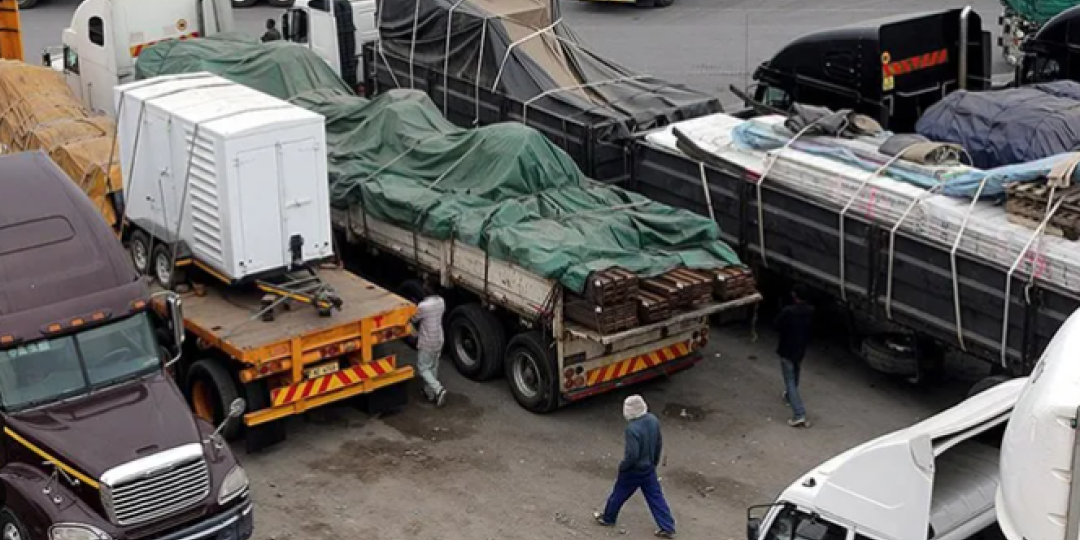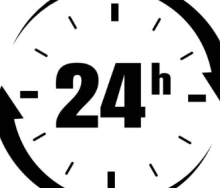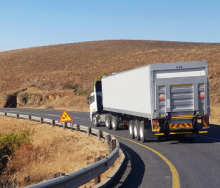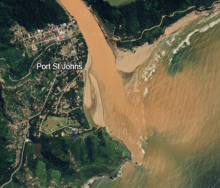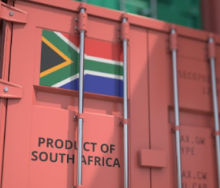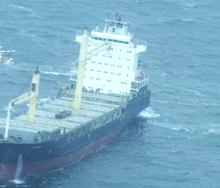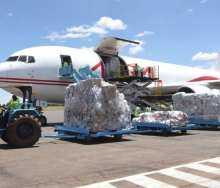Excessive cargo scanning at the Beitbridge border between South Africa and Zimbabwe continues to hold back the potential pace at which intra-regional trade at the crossover can be improved.
Southbound traffic is routinely subjected to rigorous checks for contraband such as illegal cigarettes and lithium which is heavily regulated by strict export control of the Zimbabwe Revenue Authority (Zimra).
However, the scanner used for rigs exiting Zimbabwe is outdated and requires drivers to park and disembark before their trucks, often empty on a return leg to South Africa, are checked for non-compliance.
Northbound scanning isn’t any more effective, despite the use of a drive-through scanner.
Had the scanner been positioned at the entry gate and not the border’s exit point into Zimbabwe, things would be different.
The recent introduction of a new and far stricter import-control regime, with SI 35 permits replacing the trade-facilitating Open General Import Licence, has also added to the slow pace at which transporters have to squeeze through the congestion-prone border.
According to Mike Fitzmaurice, who heads up the Transit Assistance Bureau, the border, redesigned in recent times to speed up cross-border traffic through the private involvement of concession company, Zimborders, wasn’t designed for a drive-through scanner.
It’s not necessarily the scanner, but it’s position, he adds.
“I have explained to Zimra on numerous occasions that scanning all cargo, necessitated by the SI 35 system, will slow movement,” says Fitzmaurice.
Sometimes hauliers entering Zimbabwe wait three days or longer to be called for scanning, after all the other processes have been completed.
Fitzmaurice says that while it’s understood that Zimra is doing everything it can to stop smuggling, in light of the recent incident where ethanol supposedly destined for Malawi was dumped in Zimbabwe, moving the scanner should be a serious consideration.
“There’s an unused animal shed at the border’s entry area which has shade and enough room for the installation of a mobile scanner. It’s near the parking area where drivers currently have to wait, and could significantly speed up northbound traffic,” he adds.
However, Zimra seems deaf to any advice, partly because a scanner will cost about $1.5 million.
Cynics say it’s also because complexity creates opportunities for corrupt officials, especially at a border like Beitbridge, where a load one-way costs more than $200 in concession fees.
The input cost of a mobile scanner in a practical space that will untangle the border, says Fitzmaurice, could easily be covered by charging for the service.
In addition, transporters using the crossing, the only one between Zim and SA on the north-south line towards the Copperbelt, will buy-in to paying more for their passage, even if grudgingly so, just to speed up cargo processing at Beitbridge.
“But Zimra’s not listening. They’re scanning all cargo and slowing everyone down because they haven’t got the necessary systems and services in place to allow for such strict measures,” Fitzmaurice says.
The fight against illicit goods flowing into Zimbabwe, contraband heading out and non-compliance of road freight operators, is reason enough to tighten up on import and export control, but at what cost?
In the case of Beitbridge, it’s the transporters that suffer.
